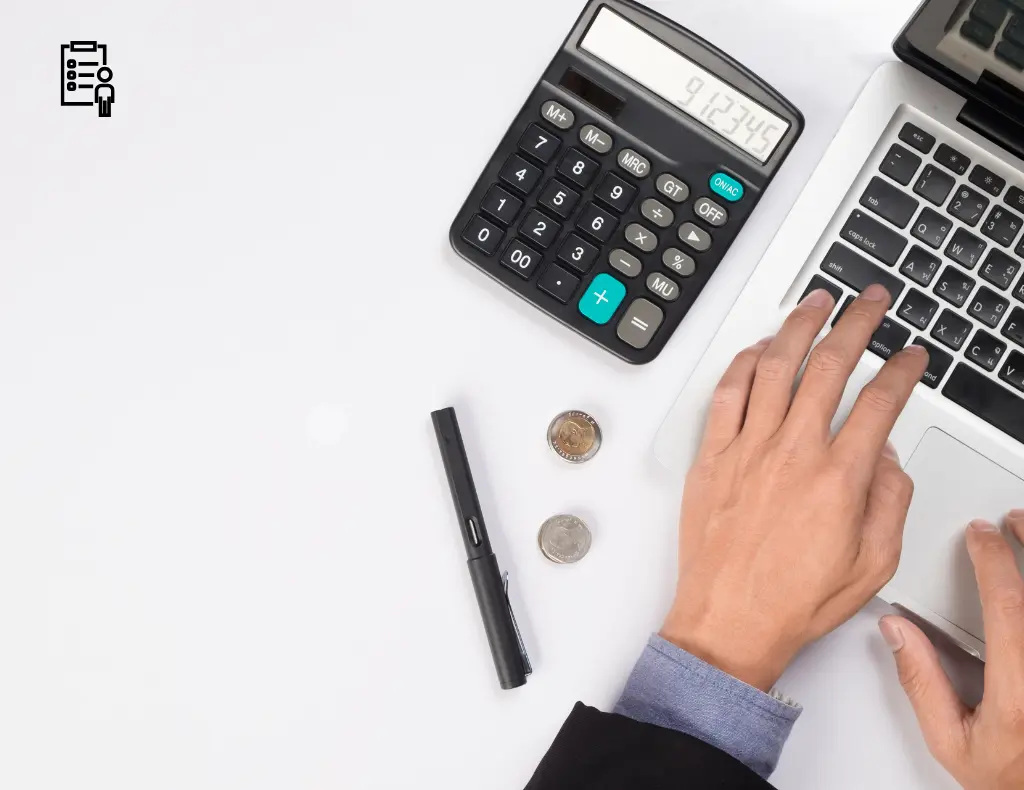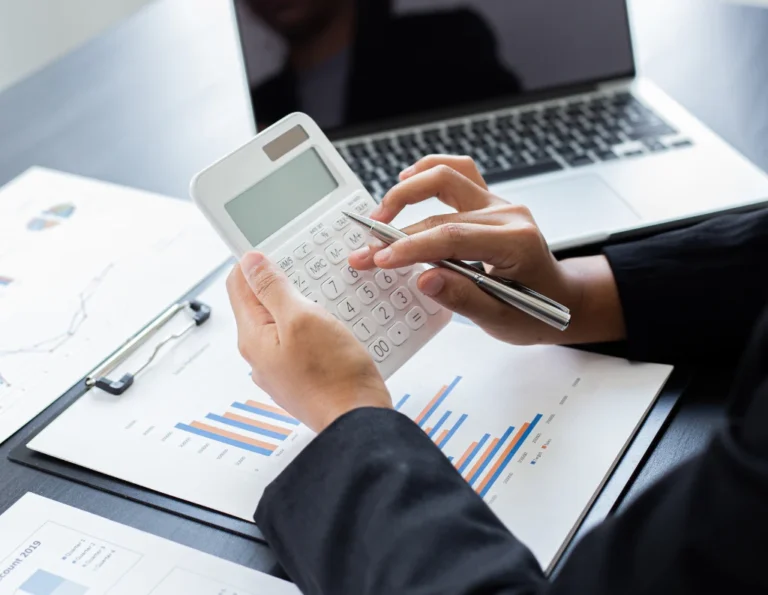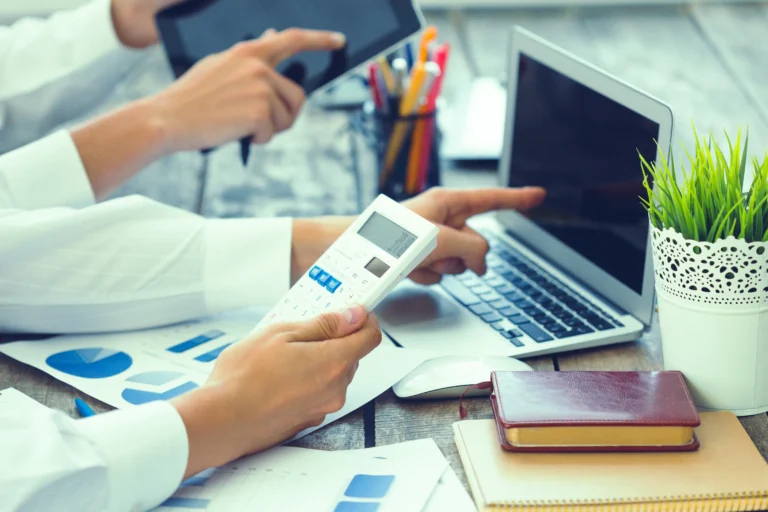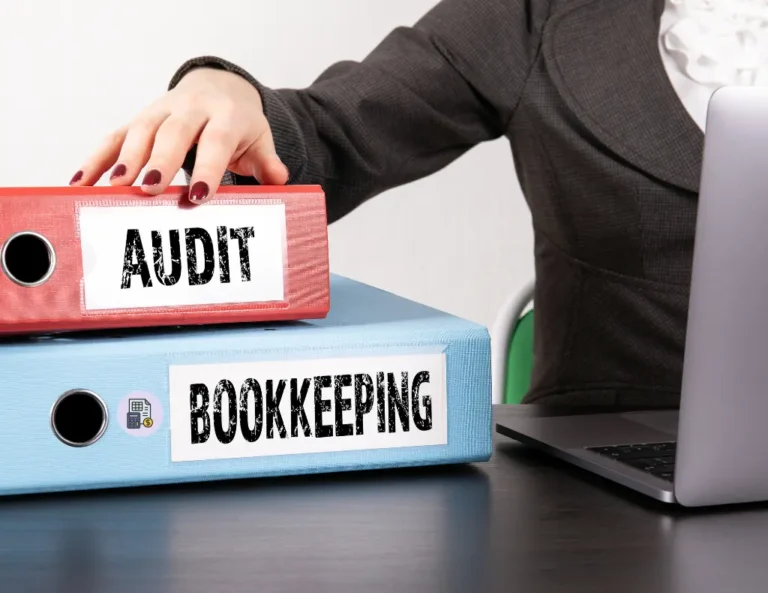Do I need an accountant for self assessment?
Overview:
This blog answers the question “Do I need an accountant for self assessment?” in clear, simple language. It explains what self assessment really means, when you can manage it yourself, and when hiring an accountant saves money. The blog contains a real-world example as well, along with major misconceptions about doing self-assessment yourself.
Hire A Professional Accountant From FINITAC
FINITAC offers highly professional and certified accountants with a modular services model. Let us know your requirements, and you’ll be connected with the right team.
Do I Need an Accountant for Self Assessment?
On paper, it appears straightforward to report your earnings, expenses, and total due tax. In reality, it isn’t that simple. There are numerous details and rules to follow, and that’s where the question arises: “Do I need an accountant for self assessment?” Let’s break it down properly.
What Self Assessment Actually Means
Self-assessment is more than filling out a form. It’s a legal responsibility. You’re telling the government:
- How much did you earn from all sources (freelance work, online sales, property income, even overseas income).
- What you spent on legitimate business expenses.
- What tax you owe, often including income tax and contributions like national insurance, social security, or Medicare, depending on your country.
Here’s the catch: unlike being on a salary where tax is deducted automatically, self-assessment is on your shoulders. If you underpay, you face penalties. If you overpay, you lose money that could have been reinvested in your business.
When You Don’t Really Need an Accountant
Let’s be fair, not everyone needs professional help. If you’re just starting out or keeping things really simple, you might be fine doing it yourself.
For example, if you made a small amount of extra income from freelancing, selling a product, or any side hustle. You’d be fine doing it yourself because you’ve no or minor business expenses.
Some sole traders prefer doing all the work themselves because they enjoy keeping their books aligned themselves.
In this case, paying an accountant might feel like overkill. Many new sole traders or part-time earners do their first return on their own just to understand the process.

When an Accountant Is Worth It
Here’s the real part most people discover the hard way, as soon as your business grows, your self-assessment stops being “basic.”
You should seriously consider hiring an accountant if:
You Have Multiple Income Sources
Maybe you freelance, rent out a room, and sell products online. Each one has different reporting rules. An accountant makes sure nothing slips through.
You Want To Claim Every Deduction
A lot of sole traders miss out on perfectly legal tax reliefs:
- Home office expenses
- Internet and phone use
- Travel costs and mileage
- Software subscription
- Training or professional memberships
These add up. Missing them means you’re paying more tax than you should.
You’re Approaching Thresholds
Every country has points where things change: hitting sales tax/VAT/GST limits, crossing higher income brackets, or needing to register a business structure. An accountant knows the rules where you live and helps you plan ahead.
You Hate Admin or Fear Mistakes
Filing late or making errors can mean fines and stress. Having an accountant removes that mental load.
You Want to Plan And Get a Correct Financial Advisory
An accountant isn’t just about self assessment. They help you make smarter decisions such as, you should invest in equipment now or next year? Should you remain a sole trader or switch to a company structure? These aren’t things tax software tells you.
People Also Search For
Here’s A Quick Real World Example That Will Help You Analyze Your Situation
Let’s say Maria is a graphic designer earning $45,000 a year. She does her self-assessment alone. She reports her income and a few obvious expenses, such as her laptop and software subscriptions.
But she misses a few points, such as the portion of rent and utilities for her home office. She misses adding business trips she wrote off as personal. She missed the mentorships she paid for to improve her skills.
Therefore, she ended up paying $2,000 extra, which she could have saved if she had hired an accountant
An accountant charging $600 could have saved her that $2,000, plus given her advice on how to structure her growing freelance business. That’s why so many people say an accountant pays for themselves.
How Much Do Accountants Charge for Self-Assessment?
Prices vary by country, skill level, and your needs. Whether you want year-round support or just a once-a-year tax return. As a rough guide, basic self-assessment costs somewhere between $200-$800 per year.
However, ongoing bookkeeping, along with self-assessment, costs a few times extra than that.
The right way to see it: not as a cost, but as insurance and investment. If you’re paying $600 for an accountant but saving $1,500 in tax and 40 hours of your time, you’re winning.
Common Misconceptions
- All it takes is good software. You can do it all by yourself. It’s true that software products help, but they won’t tell you when to change business models or which expenses are legally deductible.
- I’m a sole trader, so I don’t really need to hire an accountant. It’s not about being a sole trader; it’s about looking at your total revenue and expenses.
- Accountants only do taxes. Wrong. Good accountants help with growth, financial planning, and making sure you’re not leaving money on the table.
People Also Ask
Conclusion: Do I need an Accountant For Self Assesment
So, do I need an accountant for self assessment? It depends on your situation. If your finances are simple and you’re confident, you can do it yourself. But once you’re earning more and have multiple income sources, or just want to sleep better at night knowing everything is correct, an accountant becomes less of a “nice-to-have” and more of a smart business move.






